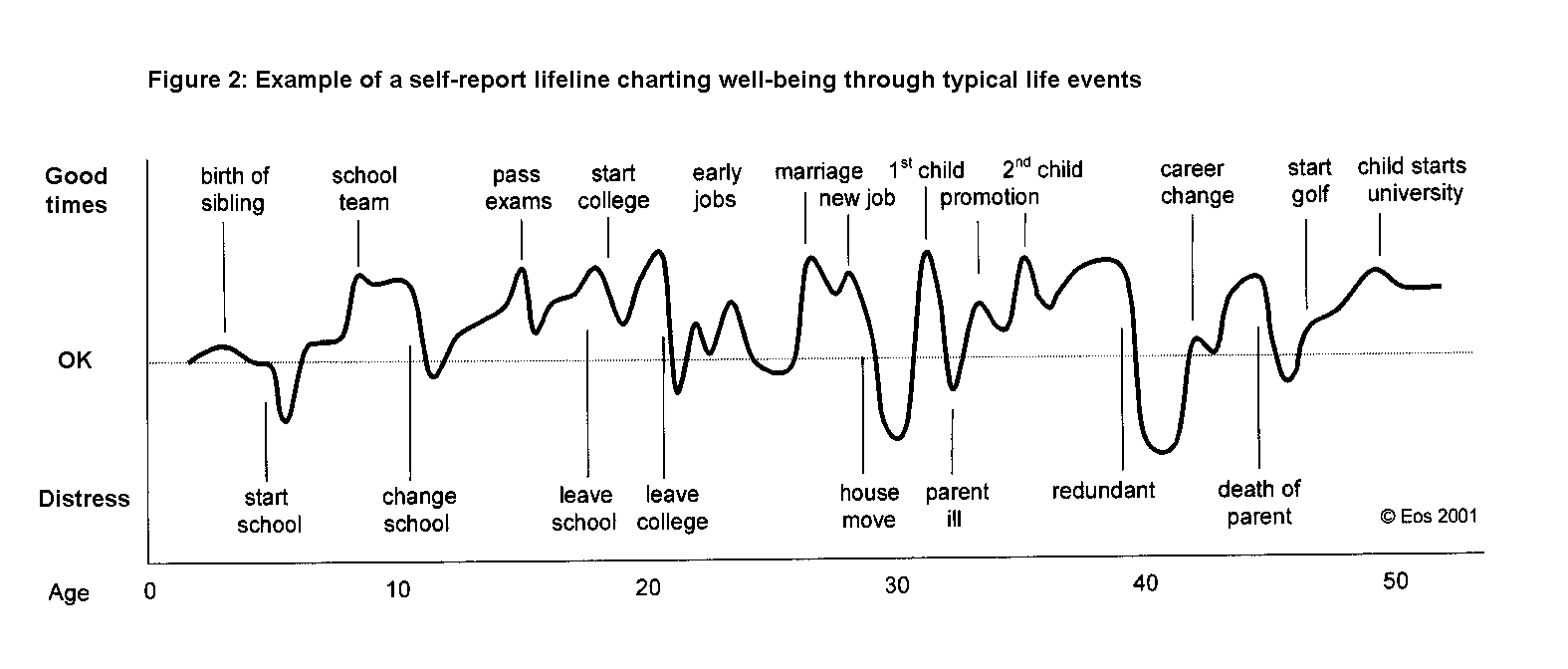If you are Singaporean, I’m sure like me, you must be elated, and brimming with pride when you saw our flag and heard our National Anthem being played at the Olympic Games. Winning an Olympic GOLD is not just a great sports achievement, but a historic one for Singapore.
As I reflect on Joseph Schooling's win, I find myself looking back at my career transition, and what are some of the parallels we can draw from both.
Taking one little step at a time,
Aslam Sardar
As I reflect on Joseph Schooling's win, I find myself looking back at my career transition, and what are some of the parallels we can draw from both.
1. HARD WORK
Success did not come easy for Schooling. He trained hard for many years. While most youths enjoy life, wake up late, he was at the gym, in the pool, training. Transiting from one industry to another is like learning a new sports. One has to start with the basics and go through the pains of putting in the extra hours that others are not prepared to, just to learn and catch up with peers.
I remember working 12-14 hours a day, sacrificing weekends to read and understand the logistics industry, the lingo they used, and poring through reports I can access just to familiarise and be on par with the knowledge that my peers have.
2. FACING OBSTACLES AND SET BACKS
Joseph Schooling did not become a champion overnight. He had to go through many obstacles and setbacks, learn from them, and return stronger in the next competition. Every failure was the stepping stone he needed to move one step higher to achieving his goals. This is especially important when going through a career transition. One has to be prepared to deal with mistakes, learn and go further.
One thing I have learned is to take small steps and go for small wins rather than big ones. Small wins reduce risk, allow you some leeway to experiment, and make quick adjustments when you need to. It also reduces the impact of any set back, which minimises the career impact you might face.
3. AMBITION
One of the biggest prize for any athlete is to win in the Olympics. That Joseph Schooling can achieve this, and win against a legend like Micheal Phelps who hails from a swimming powerhouse (the USA), is a very significant achievement. A small country like Singapore has “punched above its weight category”, with Confidence, and WON.
In any career transition, go in with the believe that you can rise in your career and achieve more than you believe you can. Take as many challenging tasks assigned by your boss and find people and mentors in the company who are willing to guide and teach you to accomplishing them. You will be surprised that if you do this with humility, there will be many helping hands out there you can reach out to.
Majulah Singapura!!
SHARE THIS POST with someone you think who can benefit from this post.
Taking one little step at a time,
Aslam Sardar
